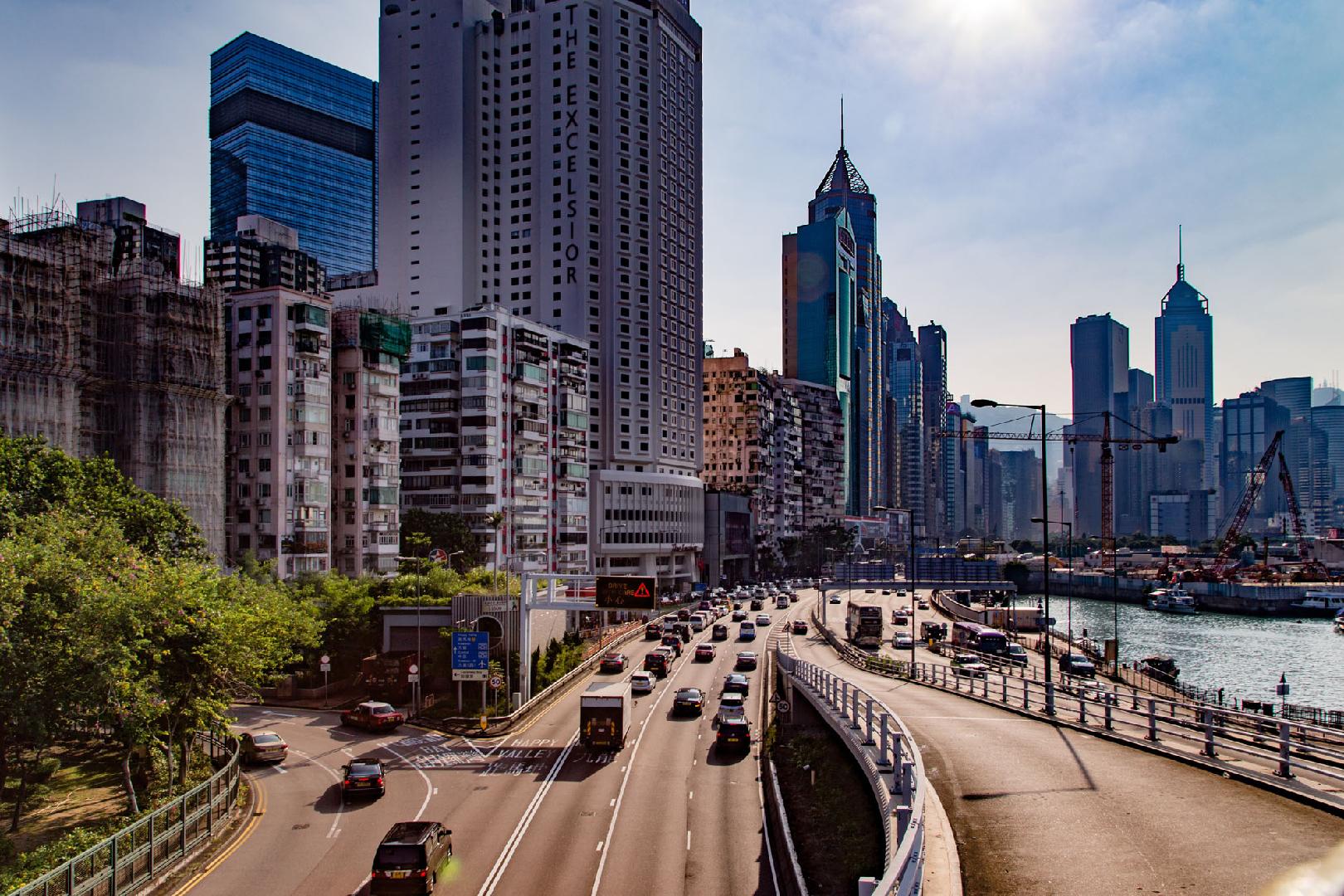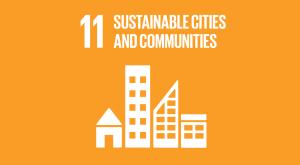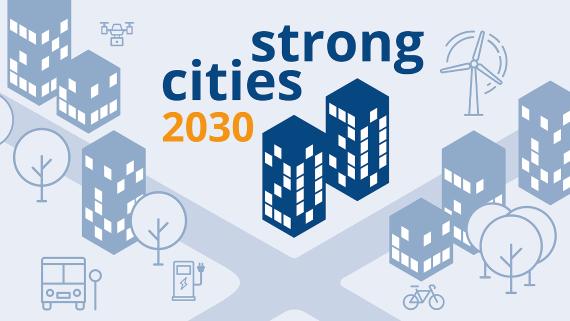Asset Publisher
Strong Cities 2030
Promoting global collaboration and knowledge sharing for sustainable urban development
Asset Publisher
Urbanization is a defining issue of the 21st century. In 2050, two-thirds of the world's human population will be living in cities.
The process of urbanization is accompanied not only by new chances and opportunities, but also by enormous economic, environmental and socio-political challenges. Sustainable urban development is one of the 17 UN Sustainable Development Goals (SDG) of Agenda 2030. SDG 11 (“Make cities and human settlements inclusive, safe, healthy and sustainable”) shows that urban development should be seen as an independent issue and no longer just as a cross-cutting issue will will. This change promises a new impetus for future urban investment and action.
With the global initiative “Strong Cities 2030” (SC2030), which was launched in September 2018 as part of a conference in Essen, the Konrad-Adenauer-Stiftung (KAS) is helping to build capacities, transfer know-how and best practices and to promote international cooperation in the field of sustainable urban development.
The goal: sustainable urban development by networking different policy areas
Through the global exchange of knowledge, concepts and practices in transnational collaboration, local politicians are empowered to develop politically competitive plans for their cities that meet the changing demands of increasing urbanization and offer high quality of life for residents. This is the case when sustainability (economic, ecological and social development), security, education, health, culture and recreation are developed in harmony with one another in such a way that they support each other.
The concept: mutual learning to implement integral solutions
The core is made up of selected politicians at the municipal level as well as experts in the field of urban development and planning (from science, business, administration, citizens, NGOs) from the global KAS network. Their networking is the basis for mutual global learning as well as the joint development and local implementation of integral solutions.
Topics such as sustainable construction, climate-friendly and inclusive mobility, efficient administration, water and waste management, circular economy and the role of cities in overcoming global challenges such as climate change or the corona pandemic are dealt with.
Asset Publisher
Asset Publisher
Asset Publisher
Strong Cities Brief
Short policy briefs for sustainable urban development
Strong Cities 2030 brings together expertise and ideas for sustainable, resilient, and inclusive urban development worldwide. Network members come from politics, science, administration, and urban development, with diverse backgrounds and experiences. The exchange within Strong Cities 2030 aims to learn successful urban development concepts from different regions and gain ideas for their own work.
The Strong Cities Briefs also contribute to this exchange. The short papers outline a problem and its context, provide a solution option, examples from practice, and policy recommendations, all related to sustainable urban development. The authors are members of Strong Cities 2030.





